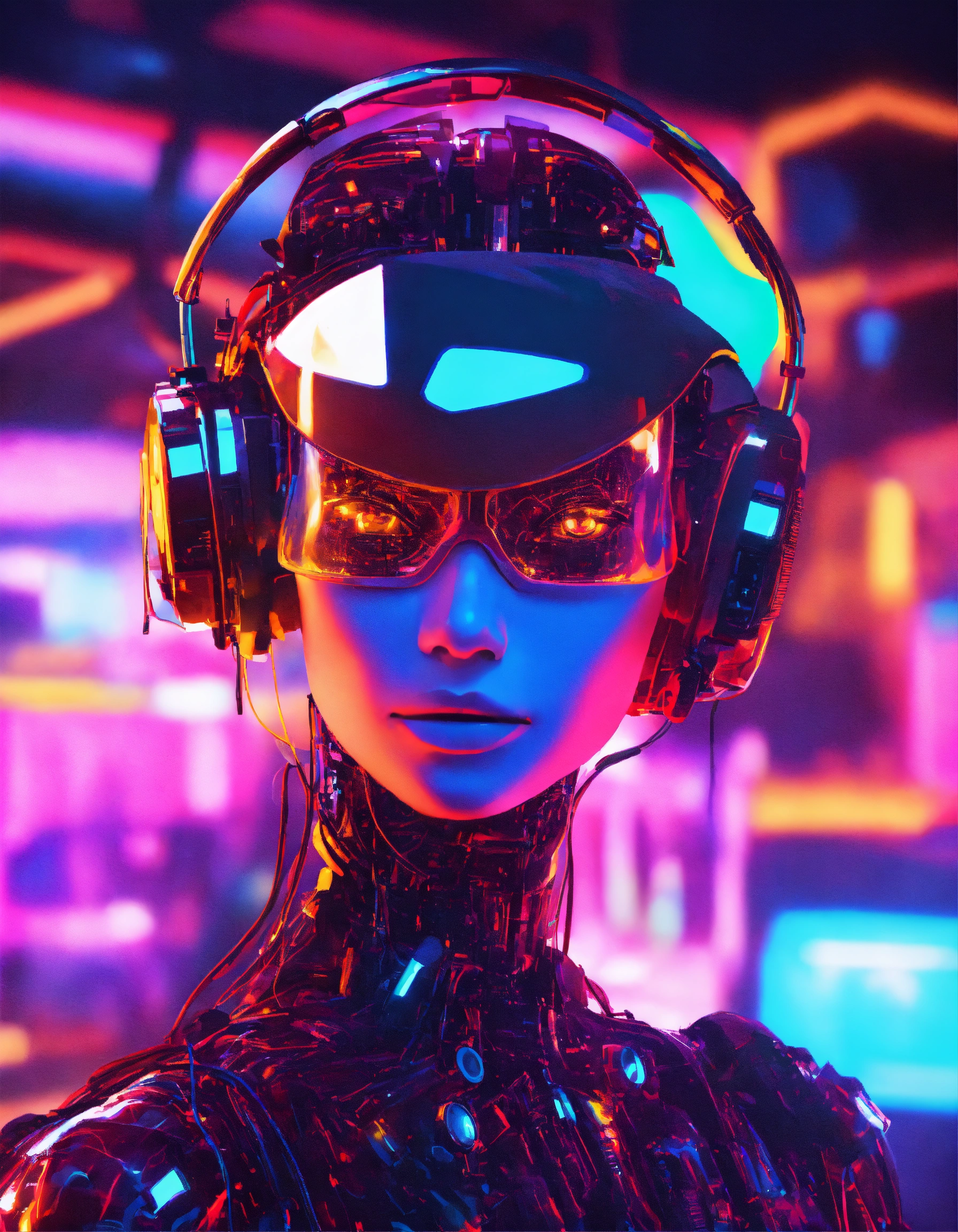In a stunning turn of events that could reshape the music industry forever, the same record labels that sued AI music generators Suno and Udio for “unimaginable” copyright infringement are now sitting at the negotiating table, ready to make deals worth potentially billions of dollars.
Just 12 months ago, Universal Music Group, Warner Music Group, and Sony Music Entertainment were calling these AI startups music pirates. Today, they’re discussing licensing agreements and equity stakes that could legitimize AI-generated music once and for all.
This isn’t just another tech story—it’s the moment the music industry decides whether to fight the future or profit from it.
From Courtroom Enemies to Business Partners
The transformation has been nothing short of remarkable. Universal Music Group, Warner Music Group, and Sony Music Entertainment are in talks to license their work to AI startups Udio and Suno, according to recent reports from Bloomberg. These are the same companies that the labels sued last year for alleged copyright infringement on an “unimaginable scale”.
The Billion-Dollar Lawsuit Background
The legal battle began in June 2024 when the Recording Industry Association of America (RIAA), on behalf of the major labels, filed blockbuster lawsuits against Suno and Udio, seeking damages of up to $150,000 per infringed work, potentially amounting to billions of dollars.
The labels’ accusations were severe:
- Using copyrighted recordings without permission to train AI models
- “Trampling the rights of copyright owners”
- Operating on an “almost unimaginable scale” of infringement
Suno and Udio’s Defense: The AI companies argued their use fell under “fair use” exemptions and that the music giants were abusing intellectual property to crush upstart competition from firms they see as a “threat to their market share”.
What’s Really on the Table
The current negotiations represent a complete 180-degree shift in strategy. Here’s what sources familiar with the talks reveal:
The Deal Structure:
- Licensing Fees: AI companies would pay for using copyrighted music to train their models
- Equity Stakes: Record labels are pushing to receive a small amount of equity in Suno and Udio
- Revenue Sharing: Framework for ongoing compensation to artists and rights holders
- Attribution Systems: Development of “fingerprinting and attribution” systems, similar to YouTube’s Content ID, that could identify when copyrighted material is being incorporated into AI outputs
The Technical Challenge:
Licensing music to train AI models typically takes the form of a blanket license, granted by music companies, that lasts between one and three years. However, experts note that current attribution models may not be sophisticated enough to fairly distribute payments based on usage.
Why This Deal Matters More Than You Think
1. Precedent for the Entire Creative Industry
This isn’t just about music. The cases against Udio and Suno are two of many lawsuits filed against AI firms by book authors, visual artists, newspaper publishers and other creative industries. A successful resolution here could establish the blueprint for how all AI companies compensate creators.
2. The Fair Use Question
The U.S. Copyright Office came out against the AI firms last month, releasing a report that said training was likely not fair use, stating: “Making commercial use of vast troves of copyrighted works to produce expressive content that competes with them in existing markets, especially where this is accomplished through illegal access, goes beyond established fair use boundaries”.
3. Artist Compensation Revolution
If successful, these deals could create the first major framework for how AI companies compensate creators—potentially more fairly than current streaming models.
The Tools That Started It All
To understand why this matters, you need to know what Suno and Udio actually do:
Suno AI
- What it does: Generate complete songs from text prompts like “a modern country ballad about unrequited love”
- Business model: Freemium platform with subscription tiers
- Recent partnerships: Amazon’s new Alexa+ integration announced in February 2025
- Funding: Raised $125 million in recent funding rounds
Udio AI
- What it does: Similar text-to-music generation with focus on high-quality audio output
- Notable features: Advanced vocal synthesis and instrument separation
- Backing: $10 million from investors including Andreessen Horowitz
- Location: Based in New York
The User Experience:
Both platforms work similarly:
- User types a text prompt describing desired music
- AI generates a complete song in seconds
- User can refine, extend, or modify the output
- Final song can be downloaded and used (licensing pending)
The Complex Web of Stakeholders
Why This Deal Is Harder Than It Looks
Billboard identified five major reasons why these licensing deals could be difficult to pull off:
1. Artist Opt-Out Complexity Even if a song has one recording artist and five songwriters attached to it, it only takes one of those people to say no to this deal to eliminate the track from the training pool.
2. Multi-Writer Licensing Nightmare Since any music that is used as training data for an AI model will employ both its master recording copyright and its underlying musical work copyright, Suno and Udio cannot stop at just licensing the majors’ shares of the music.
3. Attribution Technology Gaps Multiple music industry sources tell Billboard they are not sure the current attribution models are quite ready yet, meaning any payment model based on that system may not be viable, at least in the near term.
4. Artist Backlash Risk Generative AI music is still controversial today, and it is foreseeable that a large number of creatives will not take too kindly to their labels and publishers licensing their works for AI training without their permission.
5. Reputational Stakes Labels need to show they came out on top in negotiations, especially to their artists and songwriters.
What Artists and Songwriters Are Saying
The reaction from the creative community has been mixed to negative:
Industry Leaders Speak Out:
Sharooz Raoofi, founder of Wavetick: “The further devaluation of music by flooding major label–controlled DSPs with major label–owned generative AI fodder fed by major label catalog. The end result — rights holders get paid even less, nobody has the right to opt in or out”.
Tom Gray, Ivors Academy Chair: “It appears recordings would be licensed to AI companies to ingest music-makers work without their permission and without reference to their personality or author rights”.
Thom Yorke (Radiohead): Called AI music “a weird kind of wanky, tech-bro nightmare future” and said AI does nothing more than “steal” from human artists.
The Broader Context: AI vs. The Creative Economy
Similar Patterns Across Industries
The reported licensing talks with Udio and Suno follows licensing agreements struck between ChatGPT developer OpenAI and companies like News Corp., the Associated Press and Vox Media.
The Streaming Parallel
The negotiations bear striking similarities to how, in the late 2000s, musicians were kept away from discussions between labels and streaming platforms as both parties thrashed out a deal relating to the money an artist receives per stream.
Current Reality: In 2025, Spotify pays on average $0.003 – $0.005 per stream, a figure countless musicians have derided.
The Timeline: How We Got Here
June 2024: Major labels file billion-dollar lawsuits against Suno and Udio
January 2025: GEMA, the German collection society, files copyright infringement case against Suno
February 2025: Amazon unveils new AI-powered Alexa+ with Suno integration
May 2025: U.S. Copyright Office releases report against AI fair use claims
June 2025: Bloomberg reports licensing talks between all parties
What This Means for the Future of Music
Three Potential Scenarios:
Scenario 1: The Grand Bargain
- AI companies get legal access to train on copyrighted music
- Labels get licensing fees and equity stakes
- Artists get new revenue streams (hopefully)
- AI-generated music becomes mainstream and legitimate
Scenario 2: The Fragmented Market
- Some labels make deals, others don’t
- Patchwork of available training data
- Continued legal uncertainty
- Market confusion for creators and consumers
Scenario 3: The Breakdown
- Talks collapse, lawsuits continue
- Years of legal battles ahead
- Innovation stifled by uncertainty
- Underground AI music ecosystem develops
Early Market Reactions
Industry Response:
Mitch Glazier, CEO of the RIAA: “The music community has embraced AI, and we are already partnering and collaborating with responsible developers to build sustainable AI tools centered on human creativity that put artists and songwriters in charge”.
Investment Implications:
- AI music startups are attracting major VC attention
- Traditional music companies reassessing AI strategies
- New business models emerging around AI-human collaboration
The Technical Reality: What These AI Tools Can Actually Do
Current Capabilities:
- Generate complete songs with vocals in any style
- Create instrumentals across all genres
- Produce radio-quality audio in minutes
- Handle complex musical arrangements
- Synthesize realistic human vocals
Limitations:
- Still lacks the emotional depth of human performance
- Can produce generic or derivative-sounding results
- Copyright detection remains imperfect
- Quality varies significantly between generations
What’s Next: Key Dates and Milestones to Watch
Immediate Timeline (Next 3-6 Months):
- Settlement announcements (if talks succeed)
- First licensing deal announcement
- Industry response and artist reactions
- Regulatory guidance from government agencies
Medium Term (6-18 Months):
- Implementation of attribution systems
- First revenue distributions to artists
- Market reaction to legitimate AI music
- Competitor responses and new entrants
Long Term (2-5 Years):
- Industry standard for AI music licensing
- New creative collaboration models
- Mainstream adoption of AI music tools
- Next generation of copyright legislation
The Bottom Line: A Defining Moment for Creative AI
This isn’t just about two AI startups and three record labels. It’s about whether the creative economy can find a sustainable path forward in the age of artificial intelligence.
The Stakes Couldn’t Be Higher:
- Billions in potential damages hang in the balance
- The future of AI training data access is being decided
- A new framework for creator compensation is being born
- The legitimacy of AI-generated content is on trial
What We’re Watching:
- Whether artists will have meaningful input in these deals
- How attribution and payment systems will actually work
- If this model can be applied to other creative industries
- Whether innovation and creator rights can coexist
What This Means for You
If You’re a Creator:
- Stay informed about how these deals might affect your rights
- Consider whether you want to opt-in or opt-out if given the choice
- Explore AI tools to understand the technology you’re negotiating with
- Join creator advocacy groups to have your voice heard
If You’re in Tech/Business:
- Watch this space for precedents affecting AI training data
- Consider the implications for your own AI projects
- Prepare for potential new licensing costs and requirements
- Study the attribution systems being developed
If You’re a Music Fan:
- Try the tools yourself to understand the debate
- Support artists whose work you value
- Stay tuned for how this affects the music you love
- Consider the ethical implications of AI-generated content
The conversations happening in boardrooms right now will determine whether AI becomes a tool that empowers human creativity or replaces it. The music industry’s decision could echo through every creative field for decades to come.
What do you think? Should AI companies pay for training data, or is this fair use? Share your thoughts in the comments below.
Related Stories:
- How AI Music Generation Actually Works: A Technical Deep Dive
- The Complete Guide to AI Music Tools in 2025
- Artists vs. AI: Where the Copyright Battle Stands
Want to try AI music generation yourself? Here are the current options and what each costs…




